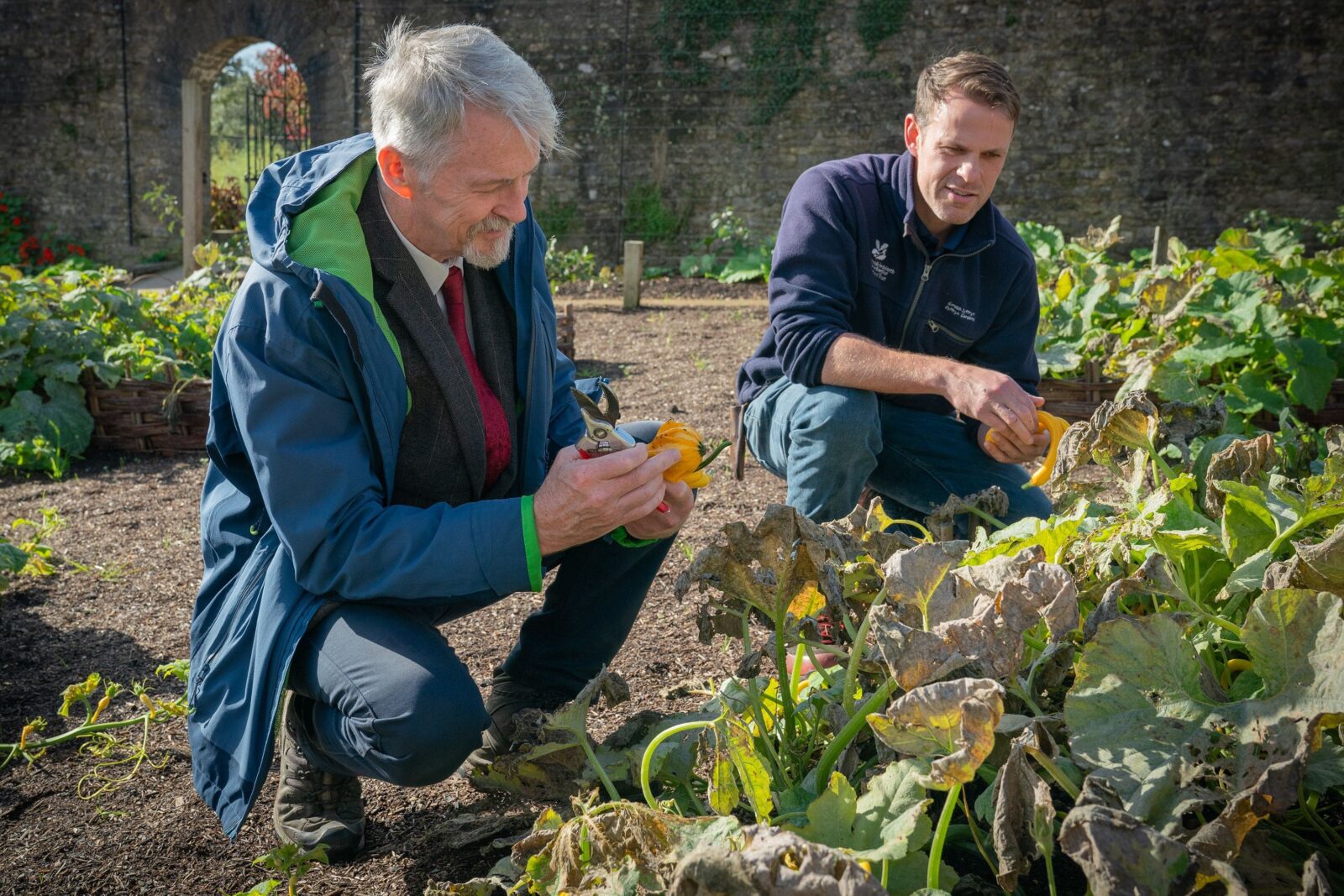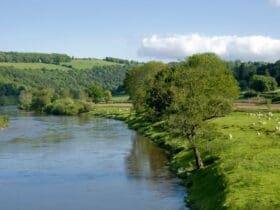As world leaders gather this week at the Biodiversity COP16 in Cali and a month before world leaders gather at Baku for COP 29, the Welsh Government has published a strategy focused on delivering a Wales adapted for our changing climate.
The Climate Adaptation Strategy for Wales 2024 – shared by Deputy First Minister with responsibility for Climate Change and Rural Affairs, Huw Irranca-Davies – outlines how the Welsh Government and partners can tackle the impacts of climate change as well as the causes.
It sets out what the Welsh Government is doing already and what it will do in the future.
The document includes plans for all parts of government working together, from protecting vulnerable transport networks from extreme weather conditions to working with the UK Government to tackle food security issues.
It celebrates progress like the £75m investment, which has been highest investment to date, to create better flood defences.
Key areas of policy development are recognised, such as the Sustainable Farming Scheme, which will support farmers to grow high-quality food in a sustainable way.
The strategy also documents key commitments like protecting and effectively managing 30 per cent of land, freshwater and marine areas; known as the ‘30 by 30’ target.
Deputy First Minister Huw Irranca-Davies said: “Climate change is one of the biggest, fastest and most enduring threats humanity faces.
“We are already seeing the impacts of climate change with wetter winters, hotter summers and more unpredictable weather patterns.
“These changes will continue to become more obvious over the coming years and decades.
“The challenges of getting to net zero and adapting to climate change are both equally important and urgent.
“This strategy intends to amplify the conversation around adaptation and provide the impetus for us all to grasp the opportunities while protecting our people and our planet.”
As well as documenting more than 240 actions by Welsh Government, it also captures the roles of others, including partner bodies such as Natural Resources Wales, Public Health Wales, Local Authorities and Public Service Boards.
Public Health Wales, for example, has published the Health Impact Assessment of climate change in Wales to help organisations assess the risks to health and well-being from climate change, while Natural Resources Wales work includes nature-based solutions to reduce flooding and developing coastal adaptation pilots in the most vulnerable parts of Wales.
The Deputy First Minister added: “The Welsh Government has an important role to play in adapting to climate change, but we cannot do this alone.
“This strategy recognises the important work our delivery partners are also carrying out.
“The work of communities, voluntary sector organisations, businesses and others will be key to managing climate change.
“Climate change presents many difficult, complex challenges and there is still much more to be done but I hope this new strategy published today serves as a catalyst for action.”
Just last week, the Deputy First Minister visited the National Trust Cymru where action is already being taken to adapt to the changing climate.
The National Trust Cymru are committed to playing its part to help restore and protect Wales’ natural environment and tackle climate change; with an ambition to restore 4,600 hectares of priority habitat and become carbon net zero in Wales by 2030.
Chris Flynn, National Trust Cymru’s Head Gardener for South East Wales, said: “A lot of the work that we’ve been doing in the last few years is to look at climate change, how we adapt and also how we play our part in nature recovery.
“Everything we do now, from mowing lawns and restoring meadows to growing vegetables can all be changed so we make a more positive impact in the future.
“We are always looking at our practice; the kinds of plants that we use and also how we work better with the seasons to make the most of what we have here.”
The new Climate Adaption Strategy will now be used to drive wider stakeholder engagement on the topic of climate adaptation through the Wales Climate Week virtual conference next month (11-15 November).
Further engagement is planned through a programme of supporting public facing Climate Conversations events to be held across Wales from November to January.








Leave a Reply
View Comments